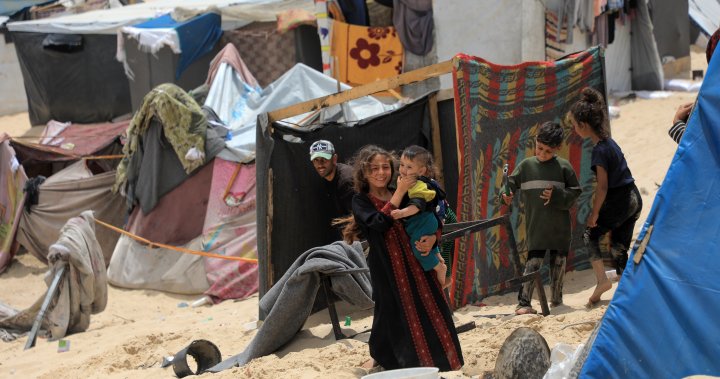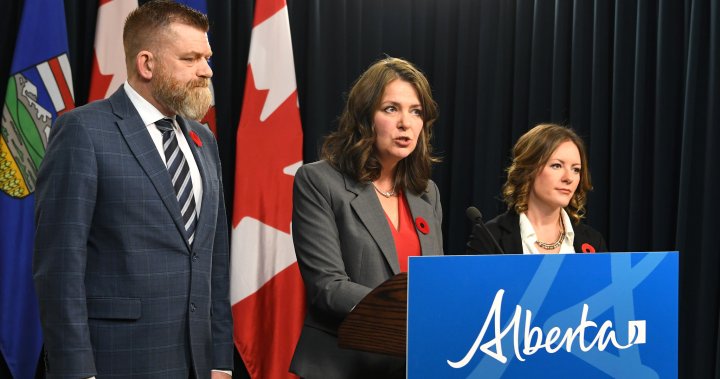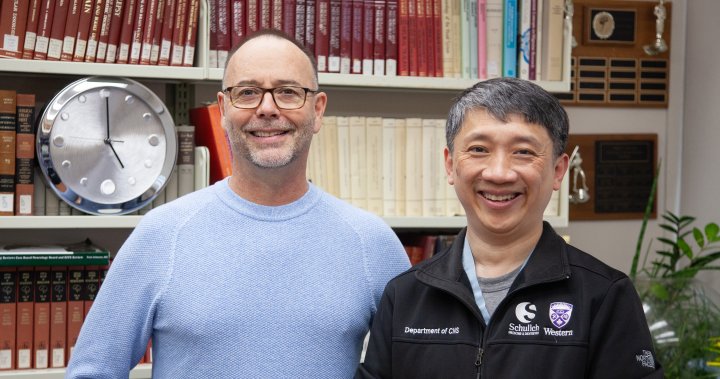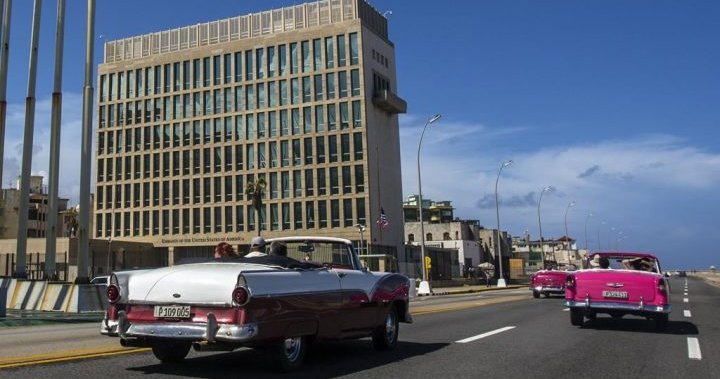The United Nations humanitarian aid agency says hundreds of thousands of people would be “at imminent risk of death” if Israel carries out a military assault in the southern Gaza city of Rafah.
The city has become critical for humanitarian aid and is highly concentrated with displaced Palestinians. Leaders internationally have urged Israeli Prime Minister Benjamin Netanyahu to be cautious about any incursion into Rafah, where seven people — mostly children — were killed overnight in an Israeli airstrike. On Thursday, United States Defense Secretary Lloyd Austin said any U.S. response to such an incursion would be up to President Joe Biden, but that currently, “conditions are not favorable to any kind of operation.” Turkey’s trade minister said Friday that its new trade ban on Israel was in response to “the deterioration and aggravation of the situation in Rafah.”
The Israel-Hamas conflict has driven around 80 per cent of Gaza’s population of 2.3 million from their homes, caused vast destruction in several towns and cities, and pushed northern Gaza to the brink of famine. The death toll in Gaza has soared to more than 34,500 people, according to local health officials, and the territory’s entire population has been driven into a humanitarian catastrophe.
The conflict began Oct. 7 when Hamas attacked southern Israel, abducting about 250 people and killing around 1,200, mostly civilians. Israel says militants still hold around 100 hostages and the remains of more than 30 others.
The email you need for the day’s
top news stories from Canada and around the world.
Dozens of people demonstrated Thursday night outside Israel’s military headquarters in Tel Aviv, demanding a deal to release the hostages. Meanwhile, Hamas said it would send a delegation to Cairo as soon as possible to keep working on cease-fire talks. A leaked truce proposal hints at compromises by both sides after months of talks languishing in a stalemate.
Across the United States, tent encampments and demonstrations against the Israel-Hamas conflict have spread across university campuses. More than 2,000 protesters have been arrested over the past two weeks as students rally against the conflict death toll and call for universities to separate themselves from any companies that are advancing Israel’s military efforts in Gaza.

Jens Laerke, spokesperson for the U.N. Office for the Coordination of Humanitarian Affairs, said Rafah has become a crucial humanitarian hub for distribution of aid into Gaza since Israel launched its military campaign against Hamas militants who carried out the deadly Oct. 7 rampage in Israel.
Rafah is pivotal for food, water, health, sanitation, hygiene and other critical support to the people there, including hundreds of thousands of Gazans who fled fighting elsewhere. But most importantly, Laerke told reporters at a regular U.N. briefing in Geneva, the hundreds of thousands of people there “would be at imminent risk of death if there is an assault.”
World Health Organization officials said they have been preparing contingency plans for a possible assault in Rafah. They noted, meanwhile, that more food has been reaching beleaguered Palestinians in recent weeks, but the threat of famine remains.
Dr. Rik Peeperkorn, the WHO representative for occupied Palestinian areas, said by videoconference that the threat of famine had “absolutely not” declined. Dr. Ahmed Dahir, the head of WHO’s office in Gaza, said the food situation was fragile, and “the risk of famine has not passed.”
© 2024 The Canadian Press





